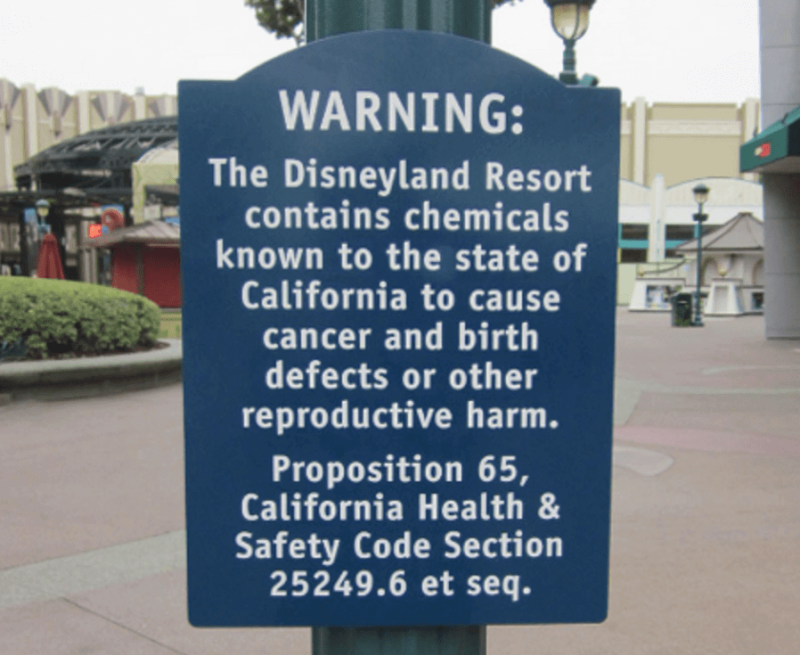You may have heard that coffee gives you cancer. Or that everything gives you cancer—if you live in California.
The reason: Proposition 65. It’s a California state law that requires businesses with 10 or more employees to provide reasonable warning about the use of any chemicals the state has decided could cause cancer, birth defects, or other reproductive harm. One of these chemicals is acrylamide, which a rodent study pinned as a possible carcinogen.
…
The problem, of course, is that coffee doesn’t cause cancer. Acrylamide might cause cancer at very high doses, but the amount that you’ll find in your food is harmless.
…
[California’s] Department of Public Health also warned parents about the radiation from cell phones causing cancer, even though countless international public health institutions say that it doesn’t. The same thing happened with glyphosate, a popular herbicide, which they thought was carcinogenic even though thorough reports suggest it’s safe. The state has a history of taking one or two studies to inform their better-safe-than-sorry stance, even if the overall body of evidence contradicts those reports.By California’s logic, all sorts of things should have warning labels.
Read full, original post: California needs to stop saying everything causes cancer































